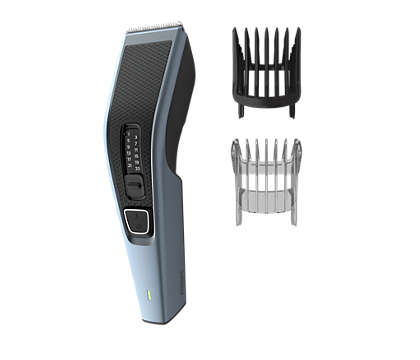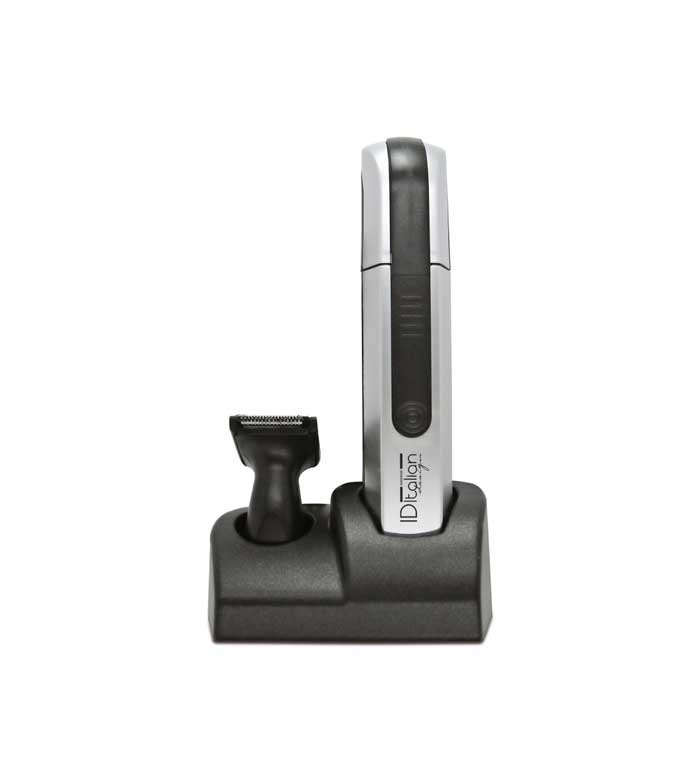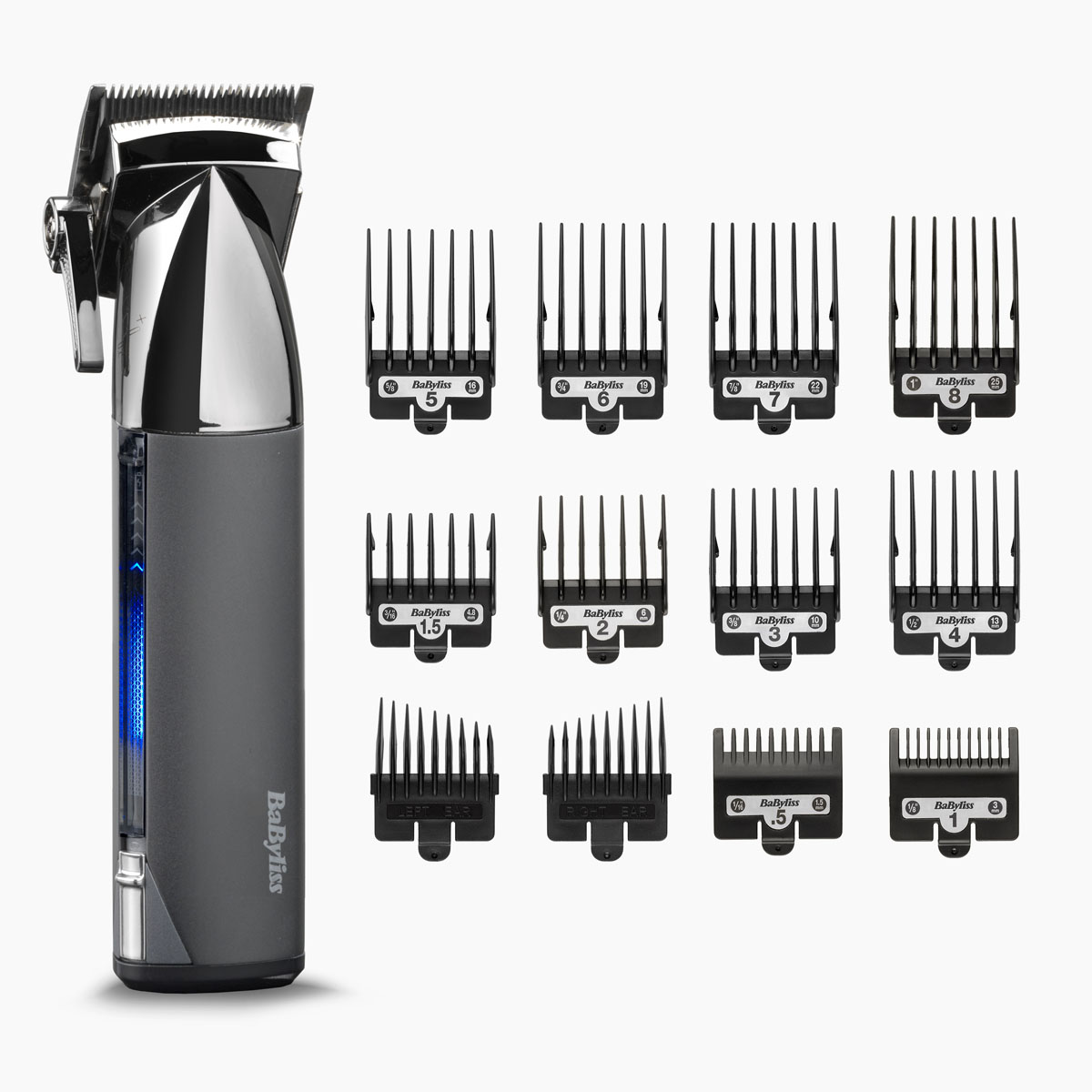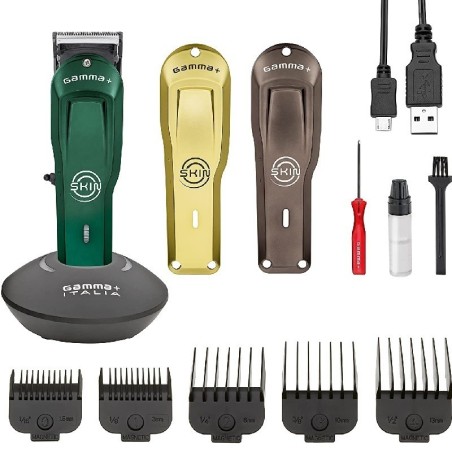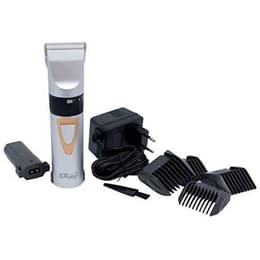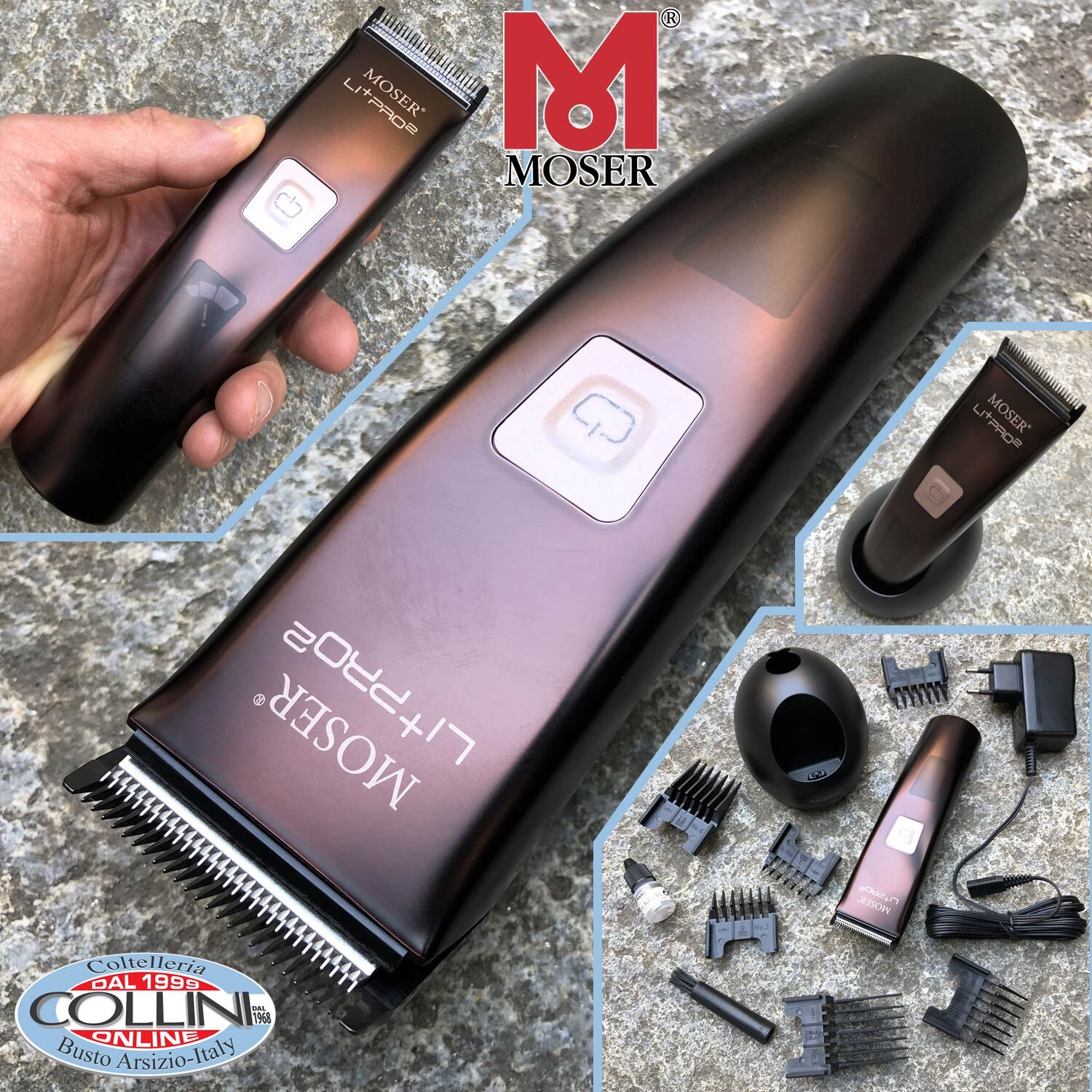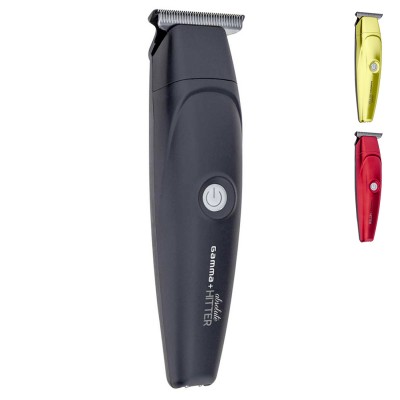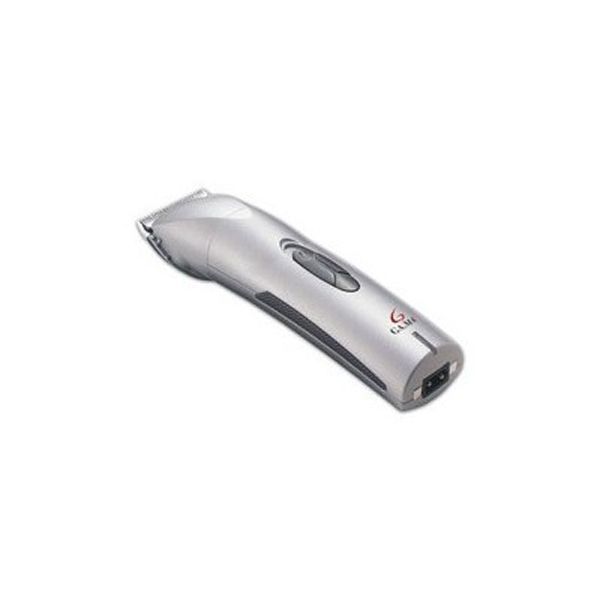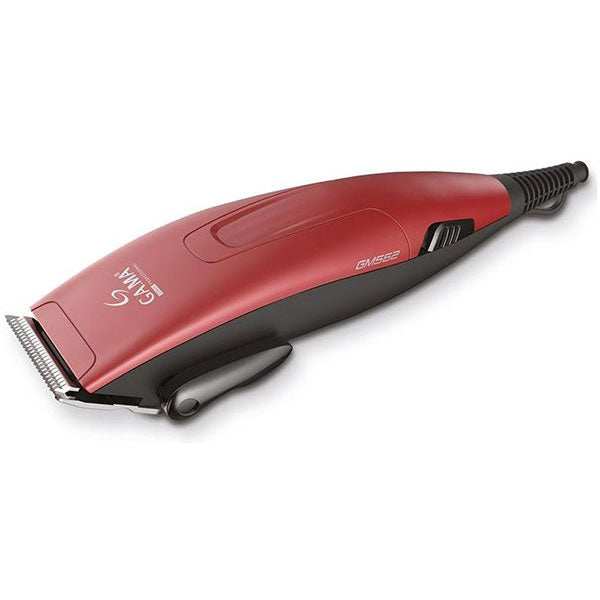
Gama Italy Professional Tagliacapelli Pro Power 10 - Motore Professionale Ultra Potente, Alimentazione Cord Cordless, Lama Ultra Affilata Per Tagli Precisi - 344 g : Amazon.it: Bellezza

Tagliacapelli professionale made Italy RICARICABILE CORDLESS HAIR CLIPPER ELMOT 8021467003993 | eBay

Tagliacapelli Usb Tagliacapelli Elettrici Ricaricabile Rasoio Barba Tagliacapelli Professionale Macchina Per Tagliare I Capelli Degli Uomini | Spedizione Gratuita Per I Nuovi Utenti | Temu Italy

Philips 5000 series Hairclipper series 5000 HC5612/15 Regolacapelli lavabile | Tagliacapelli in offerta su Unieuro

TOSATRICE PROFESSIONALE TAGLIACAPELLI Ga.ma T11.Pro8 Clipper Gama Barbiere Wahl EUR 55,00 - PicClick IT

TAGLIACAPELLI PROFESSIONALE RASOIO ELETTRICO RICARICABILE BARBIERE SALONE HAIR – DISCORAMA.IT – elettronica, musica, videogames, DVD e tanto altro
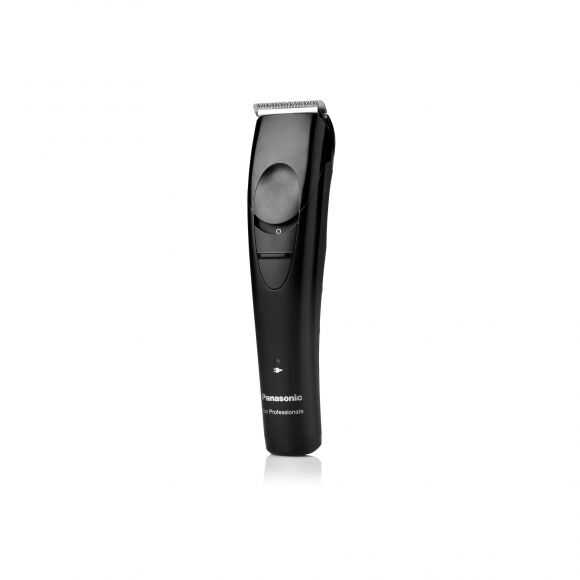
LABOR TAGLIACAPELLI PROFESSIONALE PANASONIC ER-GP21 - Italian Concept Saloni di Parrucchieri, Barbieri ed Estetica

Postquam Italian Design ER2018, Tagliacapelli Elettrici, Grigio : Amazon.it: Salute e cura della persona

Tagliacapelli Lama 4 regolazioni 4 Pettini disponibili da 3 mm a 12 mm GM585 Alloy EU | GA-MA srl | Stilcasa.Net: tagliacapelli

Ga.Ma GA. MA Razor Regolacapelli Beard Trimmer Clipper Gc625 Product Per rasatura : Amazon.co.uk: Health & Personal Care

GA.MA ITALY PROFESSIONAL GA.MA Tagliacapelli professionale PRO8 - Regolazioni di taglio da 0, 8 a 12 mm, Alimentazione a rete, Lama in acciaio inossidabile, nero : Amazon.it: Bellezza

Gama Italy Professional GM562.13 Tagliacapelli Multiaccesoriato, Motore Magnetico, Funzionamento a Rete, Taglio da 3 a 20mm : Amazon.it: Bellezza

Postquam Italian Design ER2018, Tagliacapelli Elettrici, Grigio : Amazon.it: Salute e cura della persona

Tagliacapelli Ducati di Imetec, tagliacapelli podio tagliabordi elettrico tagliacapelli professionale shoulder ssima bellice made in Italy _ - AliExpress Mobile

TAGLIACAPELLI ELETTRICO BX-8088 RASOIO REGOLABILE RICARICABILE PER CAPELLI BARBA – DISCORAMA.IT – elettronica, musica, videogames, DVD e tanto altro







